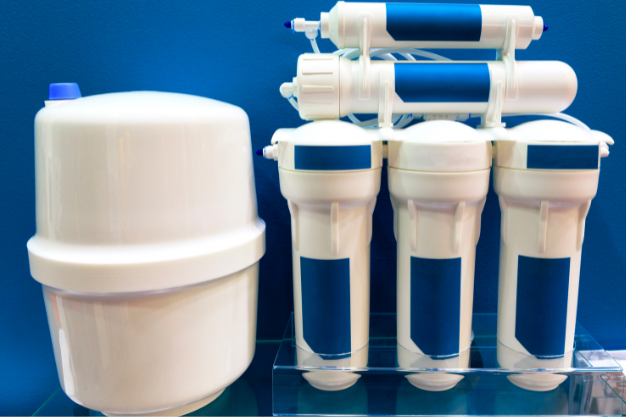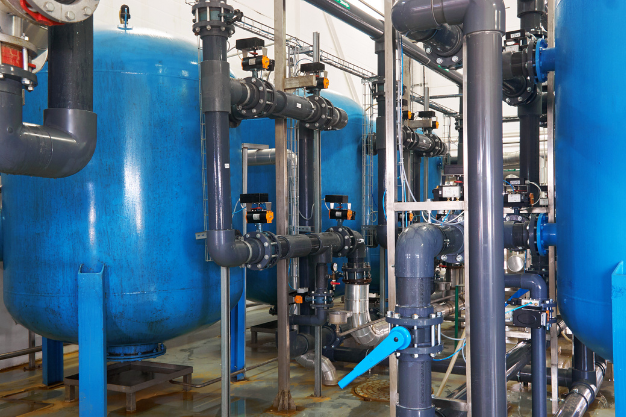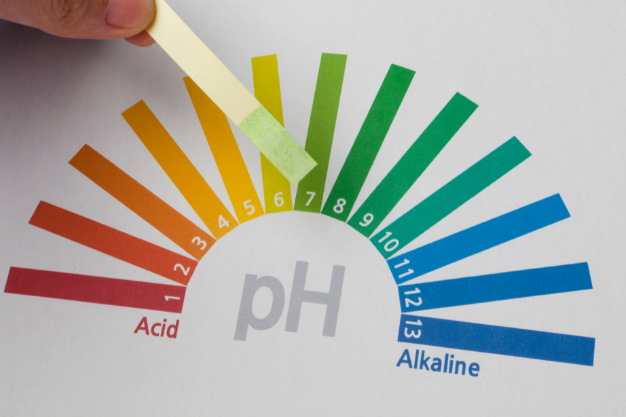Water Treatment Plants
Water treatment plants play a vital role in ensuring that we have access to safe and clean drinking water. These facilities use a variety of processes to remove contaminants and make water safe for consumption.
What is a Water Treatment Plant?
A water treatment plant is a facility that processes raw water from a variety of sources, such as rivers, lakes, and underground aquifers, to produce clean drinking water. These facilities use a combination of physical, chemical, and biological processes to remove contaminants and impurities from the water.
The exact processes used by a water treatment plant can vary depending on the source of the water and the specific contaminants that need to be removed. However, some of the most common processes include:
1. Coagulation and Flocculation: Chemicals are added to the water to coagulate and clump together any impurities, making them easier to remove.
2. Sedimentation: The clumped impurities are allowed to settle at the bottom of a tank, where they can be removed.
3. Filtration: The water is passed through various types of filters to remove remaining impurities, such as sand, activated carbon, or membranes.
4. Disinfection: Chemicals, such as chlorine or ozone, are added to the water to kill any remaining bacteria or viruses.
5. pH Adjustment: The pH of the water is adjusted to make it less acidic or alkaline.
6. Fluoridation: Fluoride is added to the water to help prevent tooth decay.
Why is Water Treatment Important?
Water treatment is important for several reasons:
1. Public Health: The primary goal of water treatment is to remove contaminants and pathogens that can cause illness or disease. By ensuring that our drinking water is clean and safe, water treatment plants help to protect public health.
2. Environmental Protection: Water treatment plants also help to protect the environment by removing pollutants and contaminants that can harm aquatic life and ecosystems.
3. Economic Benefits: Access to clean and safe drinking water is essential for economic development. By providing clean water, water treatment plants can help to attract new businesses and industries to an area, while also improving the health and wellbeing of residents.
Conclusion
Water treatment plants are an essential part of our infrastructure, providing clean and safe drinking water to millions of people around the world. By removing contaminants and impurities from raw water sources, water treatment plants help to protect public health, the environment, and promote economic development. If you're interested in learning more about the water treatment process or want to get involved in water conservation efforts, contact your local water treatment plant or environmental organization.





